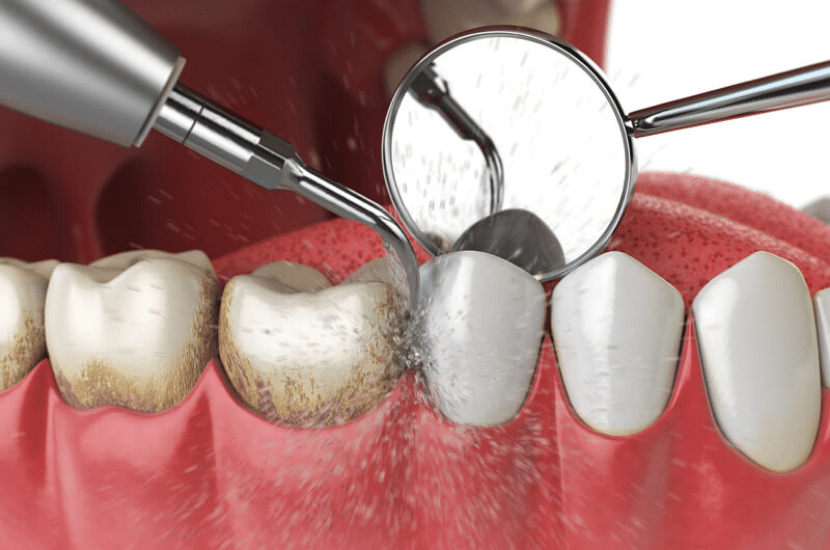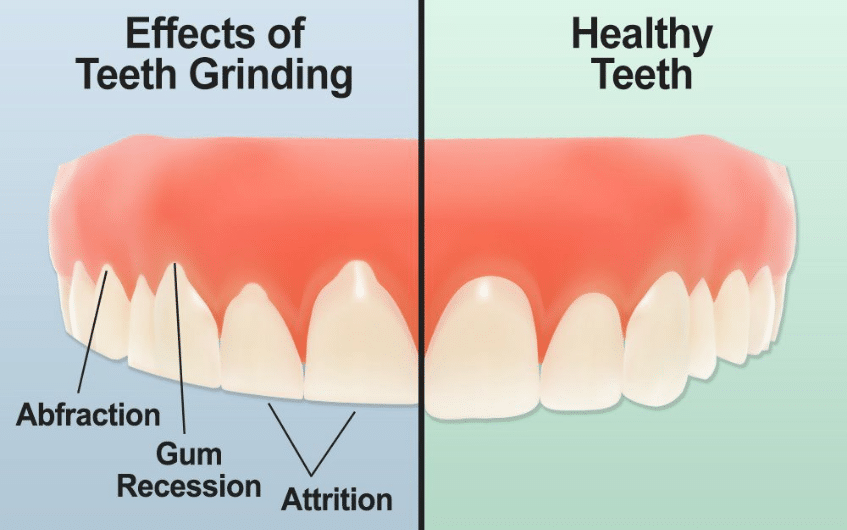
The Ultimate Guide to Dental Assistant Salaries
Dental assistants play a crucial role in the dental care system, providing support to dentists, ensuring patient comfort, and performing various administrative and clinical tasks. If you’re considering a career as a dental assistant or are already in the field and curious about salary expectations, this guide will provide comprehensive insights into dental assistant salaries, including factors influencing pay, regional variations, career advancement opportunities, and tips for maximizing your earning potential.
What is a Dental Assistant?
A dental assistant’s duties vary widely depending on the dental office, but generally include preparing patients for treatments, assisting the dentist during procedures, sterilizing instruments, taking x-rays, scheduling appointments, and handling patient records. Their role is essential in maintaining an efficient and effective dental practice.
Factors Influencing Dental Assistant Salaries
Several factors influence the salary of a dental assistant, including:
- Education and Certification: While some dental assistants enter the field with on-the-job training, many employers prefer candidates who have completed a dental assisting program and hold certification. Certified Dental Assistants (CDAs) typically earn higher salaries than non-certified assistants.
- Experience: As with most professions, experience plays a significant role in salary. Entry-level dental assistants may start at a lower wage, but their pay generally increases with experience and skill development.
- Location: Geographic location is a major determinant of salary. Dental assistants in metropolitan areas or regions with a higher cost of living usually earn more than those in rural areas. Additionally, states with a higher demand for dental services tend to offer better compensation.
- Type of Practice: Salaries can also vary based on the type of dental practice. Dental assistants working in specialized fields, such as orthodontics or oral surgery, often earn more than those in general dentistry practices.
- Work Environment: Full-time dental assistants typically earn more than part-time or temporary workers. Benefits such as health insurance, retirement plans, and paid time off can also add significant value to the overall compensation package.
Average Dental Assistant Salaries in the United States
According to the U.S. Bureau of Labor Statistics (BLS), the median annual wage for dental assistants was $41,180 as of May 2021. However, this figure can vary significantly based on the factors mentioned above. Here is a breakdown of average salaries by percentile:
- 10th Percentile: $29,580 per year
- 25th Percentile: $34,520 per year
- 50th Percentile (Median): $41,180 per year
- 75th Percentile: $48,990 per year
- 90th Percentile: $58,390 per year
Regional Variations in Dental Assistant Salaries
The cost of living and demand for dental services vary widely across the United States, leading to significant regional variations in dental assistant salaries. Here are some examples of average salaries in different states:
- California: $46,060 per year
- Texas: $39,680 per year
- New York: $45,120 per year
- Florida: $38,850 per year
- Illinois: $42,510 per year
Within states, urban areas generally offer higher salaries than rural regions. For example, dental assistants in San Francisco, California, tend to earn more than those in smaller towns within the state.
Career Advancement and Salary Growth
Career advancement opportunities for dental assistants can lead to increased salaries and job satisfaction. Here are some pathways for advancement:
- Specialization: Dental assistants can specialize in areas such as orthodontics, oral surgery, pediatric dentistry, or periodontics. Specialization often requires additional training and certification but can lead to higher pay.
- Expanded Functions: Some states allow dental assistants to perform expanded functions, such as coronal polishing, sealant application, or fluoride treatments. These roles usually require additional certification and can result in higher wages.
- Administrative Roles: Experienced dental assistants may transition into administrative roles, such as office managers or dental billing and coding specialists. These positions often come with increased responsibilities and higher salaries.
- Education and Training: Dental assistants with a passion for teaching can become instructors in dental assisting programs. This career path usually requires several years of experience and additional education but can be rewarding both financially and personally.
Tips for Maximizing Earning Potential
To maximize your earning potential as a dental assistant, consider the following tips:
- Obtain Certification: Becoming a Certified Dental Assistant (CDA) through the Dental Assisting National Board (DANB) can significantly boost your salary prospects. Certification demonstrates your competence and commitment to the profession.
- Continue Education: Stay current with the latest advancements in dental technology and techniques by attending continuing education courses. Many employers value dental assistants who are committed to lifelong learning.
- Seek Specialization: Pursue specialized training in high-demand areas such as orthodontics or oral surgery. Specialization can make you more valuable to employers and open up higher-paying job opportunities.
- Negotiate Salary: Don’t be afraid to negotiate your salary when accepting a new job or during performance reviews. Research industry standards in your area to ensure you are being fairly compensated.
- Gain Experience: Experience is one of the most significant factors in salary growth. As you gain more experience and develop your skills, you can command higher wages.
- Network: Join professional organizations such as the American Dental Assistants Association (ADAA). Networking with other professionals in your field can provide valuable insights into job opportunities and salary trends.
Conclusion
Dental assistants play a vital role in the dental care industry, offering essential support to dentists and ensuring patients receive quality care. Understanding the factors that influence dental assistant salaries, such as education, experience, location, and specialization, can help you make informed decisions about your career. By pursuing certification, continuing education, and specialized training, you can enhance your skills and increase your earning potential in this rewarding field. Whether you’re just starting your career or looking to advance, the dental assisting profession offers numerous opportunities for growth and financial stability.



